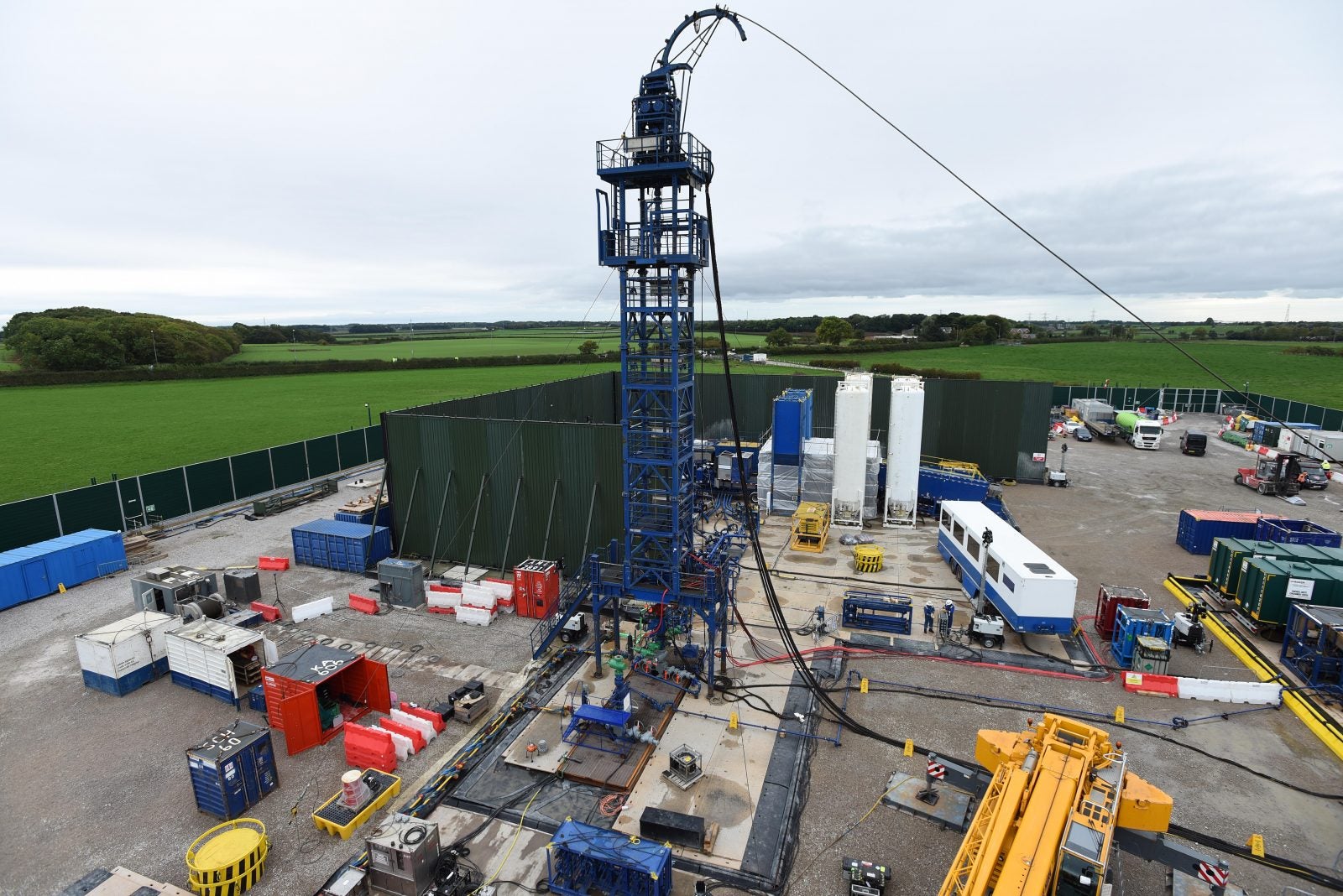Fracking, coal mining, insulation: The pressing climate decisions facing next prime minister
With Boris Johnson out, the next leader will need to put the country back on track to meet net zero by 2050, writes Saphora Smith


As the winds of political change sweep through Westminster, in the background global heating gathers pace.
With Boris Johnson’s resignaton, the next prime minister will need to put the country back on track if it is to meet its legally-binding target of achieving net zero by 2050.
His successor will inherit the reins at a time when the UK holds the United Nations COP presidency and prides itself on its global leadership on climate change.
But also when its own advisors have warned its current policies offer “scant evidence” that it will deliver on its climate targets at home.
Mr Johnson said he will stay on until a new leader is in place and is filling in the gaps in his cabinet.
Whether it is the interim cabinet or the new leader’s top team, a series of pressing climate and energy policy decisions await that will have an enormous impact on Britain’s climate record.
Here’s the most pressing climate decisions they will face:
A new coal mine?
The new Secretary of State for Levelling Up, Housing and Communities, Greg Clark, will have to decide whether to greenlight a new coal mine in Cumbria.
If the coal mine, near Whitehaven, gets the go ahead from the government it will be the first new deep coal mine since the 1980s and will extract coking coal from beneath the Irish Sea, 85 per cent of which will be exported.
The chairman of the independent Climate Change Committee, Lord Deben, last week said that building a new coal mine in Cumbria would be “totally wrong”.
To frack or not to frack?
Meanwhile, Business Secretary Kwasi Kwarteng will soon have to decide whether to lift a 2019 moratorium on fracking.
Earlier this week, geologists filed a report to the government on the latest scientific evidence around shale gas extraction.
In April, Mr Kwarteng asked the British Geological Survey to review the evidence and report back by June “on the geological science of shale gas fracking and the modelling of seismic activity in shale rocks in the UK”.
He said the moratorium on fracking would remain unless it was shown to be “safe, sustainable and of minimal disturbance to those living and working nearby”.
Tax breaks for investment in fossil fuel extraction
This week, the energy profits levy bill - the legislation needed to bring into effect the windfall tax on the profits of oil and gas companies announced by former chancellor Rishi Sunak in May - was introduced in parliament.
While the tax was broadly welcomed, it came hand-in-hand with tax relief on investment in oil and gas extraction in the UK.
The latter was slammed by climate groups and opposition politicians who pointed out that the United Nations and the International Energy Agency have made it clear that the world needs to stop new investment in fossil fuels.
The new leader will have to decide whether to press on with the controversial policy.
Energy efficiency
Last week, a damning new report by the government’s own advisers found that it is failing to deliver policies to decarbonise the UK’s economy at the scale and pace needed to meet its crucial net zero target.
The Climate Change Committee highlighted the “shocking” policy gap on how to help people insulate their homes.
The UK has the least energy efficient housing stock in Europe, and installations of insulation remain at rock bottom, according to the committee.
This drives up the cost of energy bills at a time when they are already eye-wateringly high thanks to higher demand as economies emerge from the Covid-19 pandemic and Russia’s invasion of Ukraine.
The new prime minister will need to change tack and prioritise energy efficiency.
Energy Security Bill
The day before the prime minister resigned, the energy security bill was introduced to parliament.
Mr Kwarteng described it as the biggest energy reform in a decade, and said it would generate more clean, affordable energy in Britain.
But campaigners have called for it to go further by decoupling gas from electricity prices, and reforming capacity markets to source more energy from renewables.
The new leader will have to decide whether to push ahead with the bill as it stands.
Farming reforms
The government has set out plans to introduce Environmental Land Management schemes, which aim to pay farmers to manage their land in an environmentally sustainable way.
While being broadly welcomed by environmentalists, there has been some push back and calls for the government to delay the introduction of the scheme from farmers and opposition politicians.
So far, Environment Secretary George Eustice has declined to push back the introduction of the scheme.
The new leader will also have to decide whether to hold the line.
“The last few months of this government’s tenure will be remembered for eroding any climate progress it made,” said Dave Timms, head of political affairs at Friends of the Earth. “The next premiership must put climate and nature where they ought to be – at the very top of the priority list.”
Chris Venables, head of politics at environmental think tank Green Alliance, said the British public remain “wholeheartedly” behind action to bring down energy bills through insulating homes and rolling out cheap, clean energy.
“There is an overwhelming public mandate for the Conservative leadership election to be a race-to-the-top in terms of environmental protection,” he added.
Join our commenting forum
Join thought-provoking conversations, follow other Independent readers and see their replies
Comments
Bookmark popover
Removed from bookmarks